Type 2 Diabetes
Advertisement
Treatment with SGLT2i demonstrated lower rates of CKD progression to kidney replacement therapy compared with GLP-1RAs.
Higher doses of retatrutide reduced UACR in T2D and obesity, but increased eGFR only in obesity.
Lifestyle and metformin interventions cut diabetes risk for 21 years in adults with prediabetes, DPP study shows.
Tirzepatide linked to reduced muscle fat infiltration and volume in type 2 diabetes, per SURPASS-3 MRI substudy findings.
Meta-analyses reaffirmed cardiovascular and renal benefits of long-acting GLP-1RAs for patients with type 2 diabetes.
Rajiv Agarwal discussed a study showing that a finerenone-empagliflozin combo has superior efficacy in CKD and T2D.
Treatment with a finerenone-empagliflozin combo leads to greater decreases in albuminuria in CKD and type 2 diabetes.
A study assessed whether the cardiovascular and renal effects of canagliflozin are dose dependent.
Finerenone had kidney and cardiovascular benefits for patients with CKD even after an acute eGFR change occurred.
A dual SGLT inhibitor may have ischemic benefits for patients with CKD, T2D, and cardiovascular risks, a study found.
A study examined the effects of SGLT2i on eGFR slope in patients with autosomal dominant polycystic kidney disease.
Researchers presented results of an interim analysis of a study of finerenone among patients with CKD and type 2 diabetes.
A study examined the association of ankle-brachial index and CKD progression with type 2 diabetes and elevated BMI.
Is metformin use ever appropriate for patients with advanced kidney disease and type 2 diabetes?
Research examined kidney endpoints between patients with type 2 diabetes after initiating an SGLT2i or GLP-1RA.
A review and meta-analysis assessed the influence of SGLT2i therapy on clinically relevant hyperuricemic events.
Monlunabant failed in a study of its use in DKD, but Novo Nordisk had positive news about other kidney treatments in 2024.
The FDA has approved Ozempic (semaglutide) to treat chronic kidney disease (CKD) in adults with type 2 diabetes.
What is the association of gout with CV disease and mortality risk in patients with type 2 diabetes and can CKD modify it?
Effects of SGLT2 inhibitors on renal outcomes in patients with CKD, heart failure, and type 2 diabetes were examined.
Advertisement





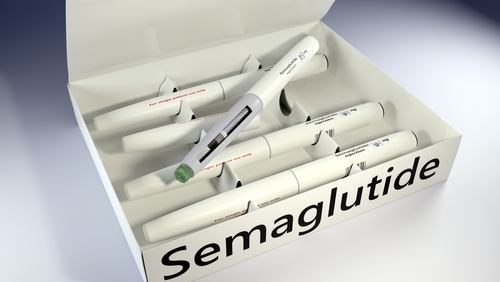


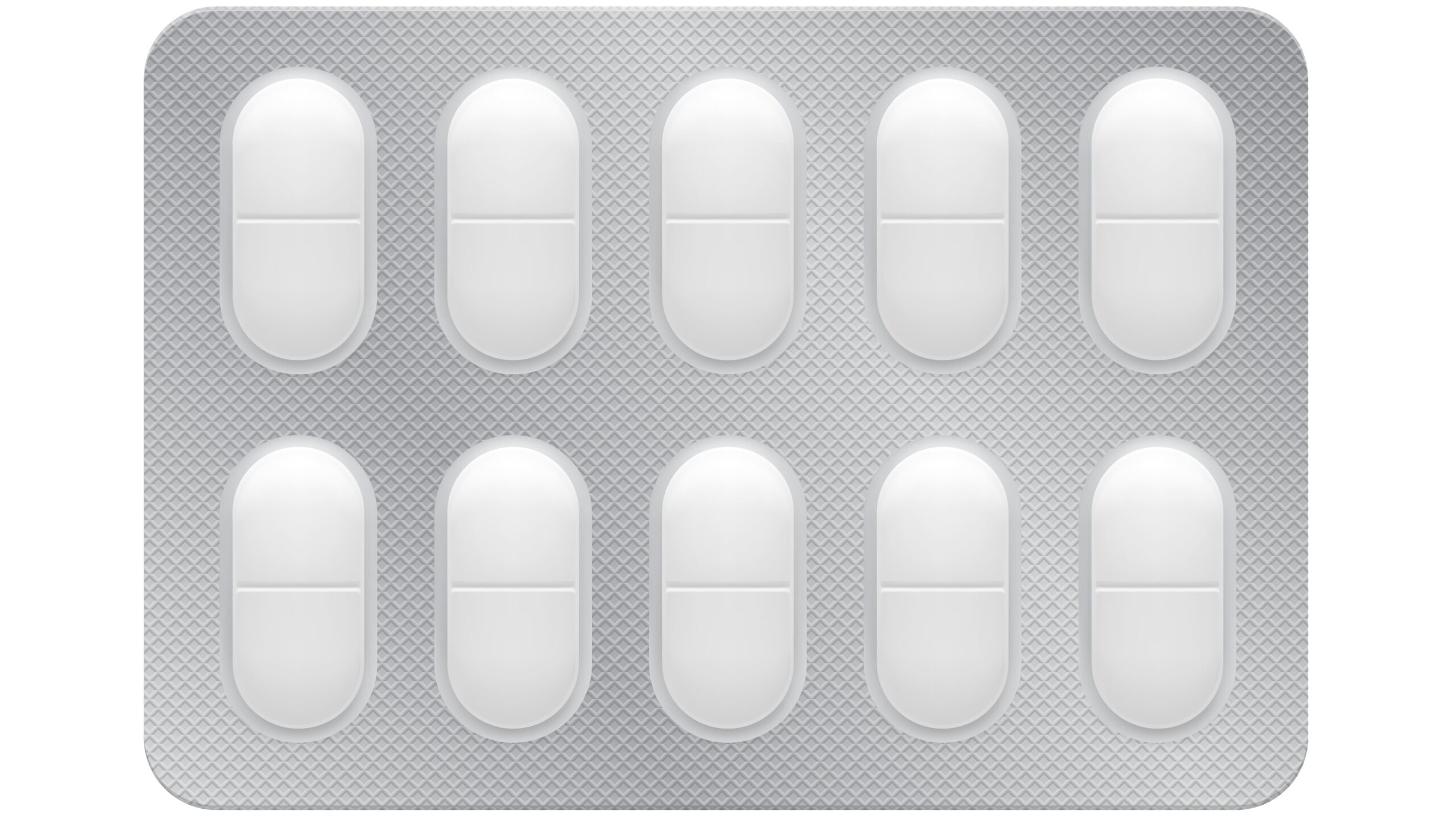



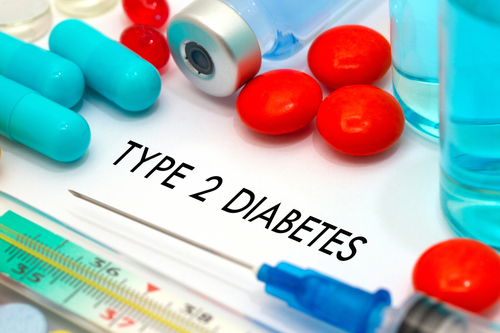

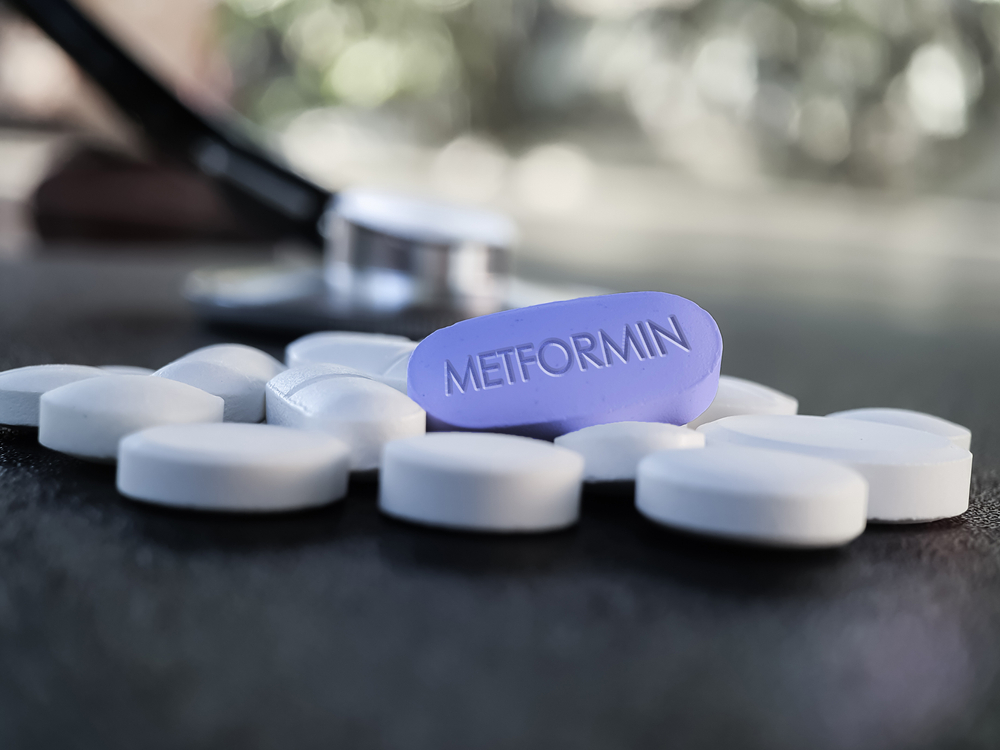


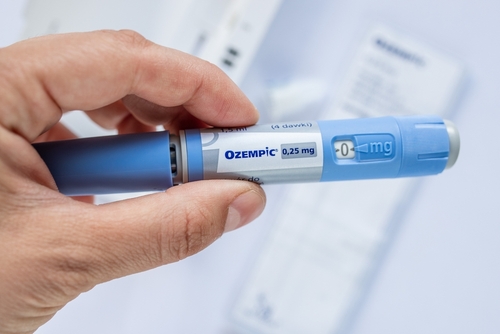




 © 2025 Mashup Media, LLC, a Formedics Property. All Rights Reserved.
© 2025 Mashup Media, LLC, a Formedics Property. All Rights Reserved.